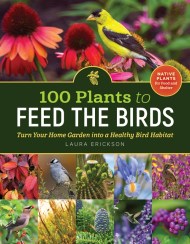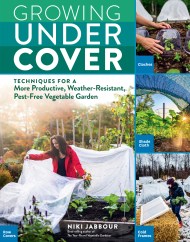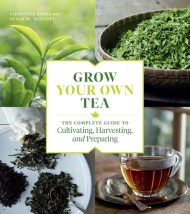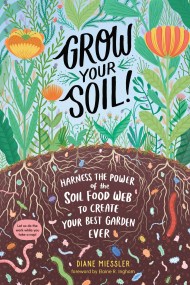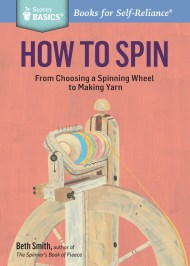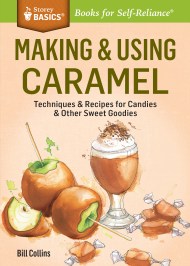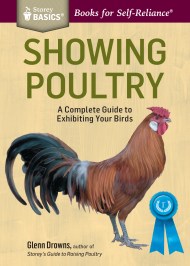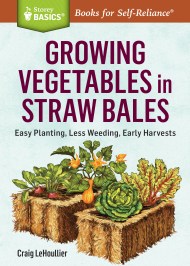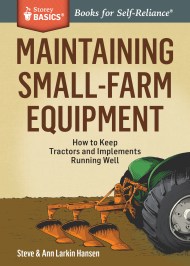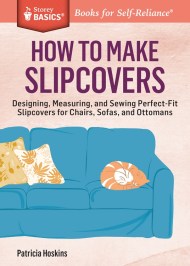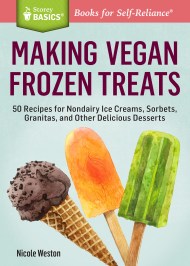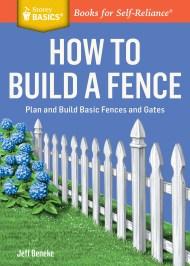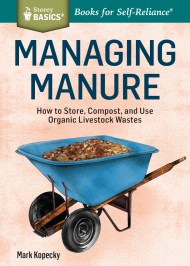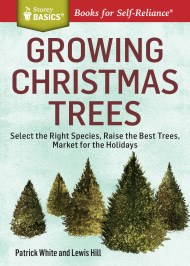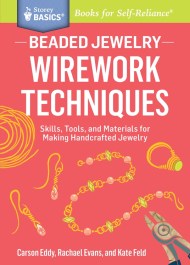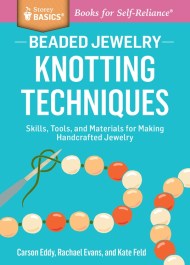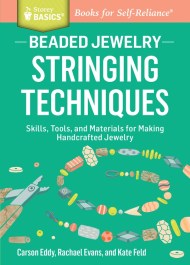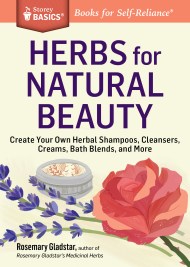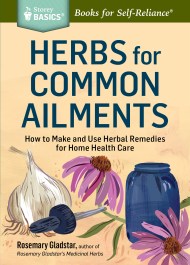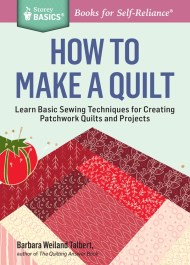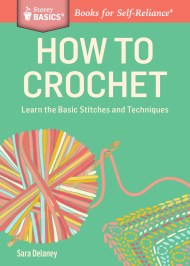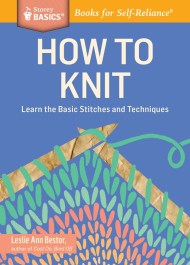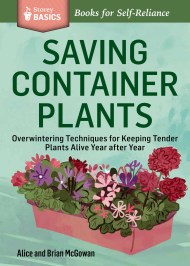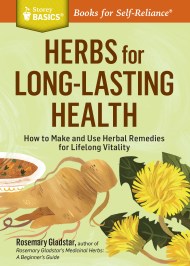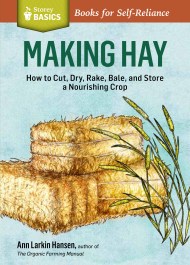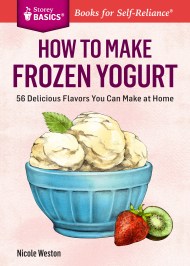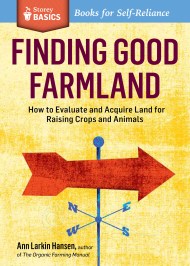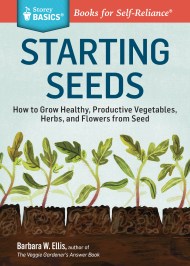Promotion
Use code BESTBOOKS24 for 25% off sitewide + free shipping over $35
By clicking “Accept,” you agree to the use of cookies and similar technologies on your device as set forth in our Cookie Policy and our Privacy Policy. Please note that certain cookies are essential for this website to function properly and do not require user consent to be deployed.
9781612124445
Save Water, Feed the Soil, and Suppress Weeds. A Storey BASICS®Title
Contributors
By Stu Campbell
Formats and Prices
Price
$8.95Price
$11.95 CADFormat
Format:
- Trade Paperback (New edition) $8.95 $11.95 CAD
- ebook (New edition) $8.99 $11.99 CAD
This item is a preorder. Your payment method will be charged immediately, and the product is expected to ship on or around December 16, 2014. This date is subject to change due to shipping delays beyond our control.
Also available from:
Mulch your way to a vibrant and healthy home landscape. Profiling a variety of techniques that include sheet mulches, feeding mulches, and living mulches, Stu Campbell and Jennifer Kujawski help you choose the best mulching strategy for your backyard, vegetable garden, or flower bed. You’ll be amazed at how properly mulching can both beautify your outdoor space and ease your gardening life by retaining moisture, keeping weeds in check, protecting young plants, and boosting production.
Genre:
Series:
- On Sale
- Dec 16, 2014
- Page Count
- 96 pages
- Publisher
- Storey
- ISBN-13
- 9781612124445
Newsletter Signup
By clicking ‘Sign Up,’ I acknowledge that I have read and agree to Hachette Book Group’s Privacy Policy and Terms of Use


